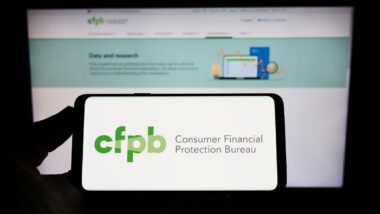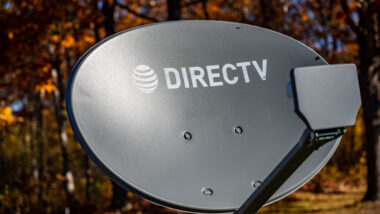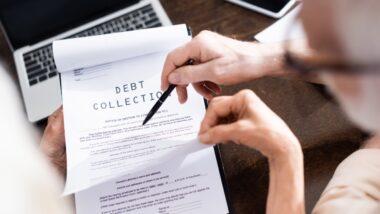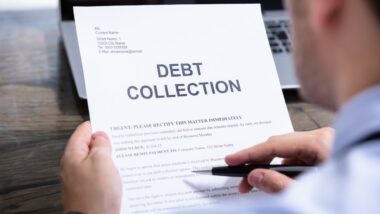Top Class Actions’s website and social media posts use affiliate links. If you make a purchase using such links, we may receive a commission, but it will not result in any additional charges to you. Please review our Affiliate Link Disclosure for more information.

What Are the Debt Collector Laws?
Telephone calls made to consumers for the purpose of debt collection are largely covered by the Fair Debt Collection Practices Act (FDCPA). This federal law puts limits on what a collector may and may not do. For example, they may not call consumers before 8 AM or after 9 PM local time and are prohibited from initiating telephone contact using an automatic telephone dialing system (ATDS) without the recipient’s consent. They must also stop calling at certain other times when a consumer asks them not to. This usually means a place of employment, but can include any place or circumstance (for example, a funeral or public gathering) that the recipient of the call says is inconvenient.
Under the FDCPA, a debt collector may not conceal their identity and/or the reason for the call if the contact would cause the recipient to incur charges or usage fees.
Non Consensual Debt Collection Calls
If a debt collector continues to contact you after you have requested that they not do so, they can be held liable under the FDCPA. Collection calls are also prohibited if you are in a bankruptcy proceeding and/or are represented by legal counsel. They cannot use threats of violence against your person, your property or reputation or other persons, nor engage in harassing behaviors such as calling incessantly.
Neither can a collection agency publish your name online or in print as someone who fails to pay their bills in most cases ( number of states make an exception for child support collection agencies, however).
There are also special rules that apply to medical debt under the Affordable Care Act; for example, the hospital must make patients fully aware of their billing policies upfront, present options such as financial assistance, and cannot threaten to withhold emergency treatment for inability to pay.
How Can I Stop PNC Bank Calls?
The first step is to notify PNC or other collection agency to stop. The best way to do this is in writing. Even if you gave them your “consent” (under a recent court ruling, consent can mean simply providing your number), you have the right to withdraw your consent at any time.
What to Do About Unwanted Debt Collection Calls
If you have asked not to be called or have withdrawn your consent and debt collection calls continue, keep a written record of all incoming calls – whether you choose to answer or not. This will help when it is time to contact a TCPA lawyer, and each unauthorized call can be worth $500 apiece to you in a settlement – three times that amount if the violations were willful.
Join a Free PNC Bank Debt Collector Calls Class Action Lawsuit Investigation
If you received unsolicited calls from PNC Bank in connection with a loan, you may be eligible to join a FREE PNC Bank debt collection calls class action lawsuit investigation.
Fill out the form on this page for more information.
This article is not legal advice. It is presented
for informational purposes only.
ATTORNEY ADVERTISING
Top Class Actions is a Proud Member of the American Bar Association
LEGAL INFORMATION IS NOT LEGAL ADVICE
Top Class Actions Legal Statement
©2008 – 2024 Top Class Actions® LLC
Various Trademarks held by their respective owners
This website is not intended for viewing or usage by European Union citizens.















6 thoughts onHave You Received Debt Collector PNC Bank Calls?
PNC Collections called an ex boyfriend of mine from 25+ years ago. I am clueless how they found him and made the connection as this was someone that I had no association with for over 2 decades!
Someone called my mother stating that she was the “second contact” added to try and reach me. I refuse to verify or give any information to a company that would do that as that’s illegal to lie and then reach out to a family member! They never left a message but then said I have haven’t responded to their so called contact!
I don’t that the address to send them written withdrawal of consent. Can someone help. They keep Calling me. Help
I keep getting calls & an email threatening me. I asked the collector to quit calling me @ work & they said “no” & continue to call me.
Chase bank has continually call even though I told them I was signed up for a debt consolidation program !!!
A dept collector mailed me a lawsuit against me for all my property to satisfy the 20000. that is all interest they made up. This debt was paid off when I refinance my home. The bank is now gone and the original debt collector was also paid as this was a cloud on the title and had to be paid. This took placed 0ver 8 years ago.I currently don’t have the documents that show proof but I remember the title company making this a issue with payment to be disbursed